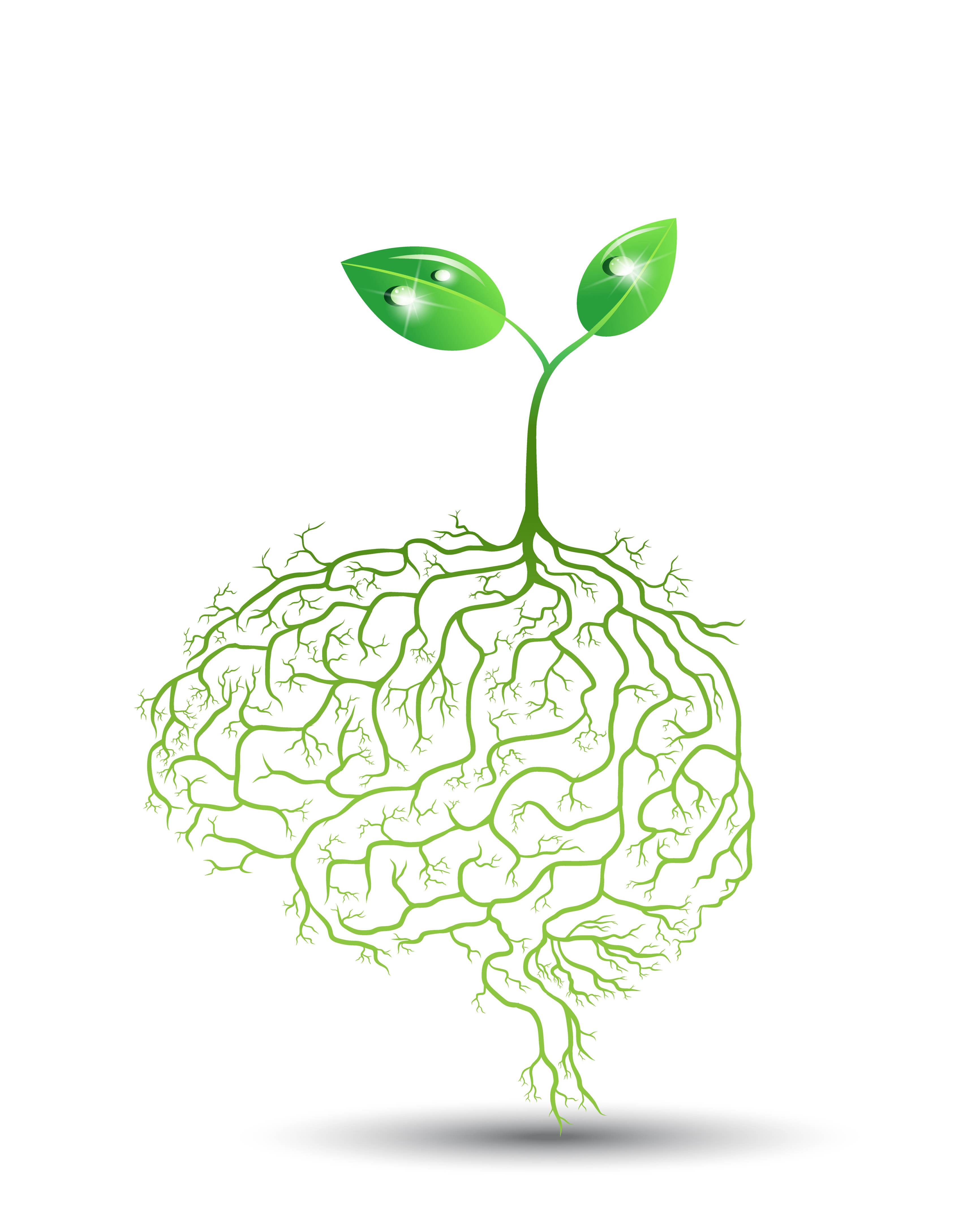
Imagine you are walking in a forest with the task of creating a new path that no one has ever walked before. The first walk will be challenging - you may encounter obstacles, find yourself unsure of which way to go, or feel as though you’re not making any progress. However, as yourpath is walked repeatedly, your route becomes clearer, and the journey requires much less effort.
Now imagine that the forest is the human brain. This scenario represents the struggle of learning something new, along with our brains’ amazing ability to develop new “paths” through repeated learning and practice. This process is referred to as neuroplasticity, and research in this area demonstrates how skills and knowledge once thought to be “set in stone” can be grown through effort, practice, and persistence.
 When we embrace the concept of neuroplasticity, we are adopting a growth mindset. Growth mindset refers to a way of viewing all experiences, particularly challenging experiences, as opportunities to grow and cultivate our abilities. This happens over time through the impact of learning on the structure and function of the brain. For example, if you are struggling to write an essay at school, you can view that struggle as an opportunity to become a better writer. In contrast, individuals with a “fixed mindset” believe that everyone is born with a set of qualities that cannot be altered no matter how hard they practice or try. When struggling to write an essay, someone with a fixed mindset would be quick to assume that “I’m not a good writer, so why bother?” This self-defeating outlook can hold us back from approaching opportunities for valuable learning and development.
When we embrace the concept of neuroplasticity, we are adopting a growth mindset. Growth mindset refers to a way of viewing all experiences, particularly challenging experiences, as opportunities to grow and cultivate our abilities. This happens over time through the impact of learning on the structure and function of the brain. For example, if you are struggling to write an essay at school, you can view that struggle as an opportunity to become a better writer. In contrast, individuals with a “fixed mindset” believe that everyone is born with a set of qualities that cannot be altered no matter how hard they practice or try. When struggling to write an essay, someone with a fixed mindset would be quick to assume that “I’m not a good writer, so why bother?” This self-defeating outlook can hold us back from approaching opportunities for valuable learning and development.
Research supporting growth mindset has shown that learning and practicing new skills produces specific and repeated activity patterns in the brain, resulting in physical changes to neural pathways. In this way, growth mindset emphasizes life-long learning and aims to decrease fear of failure through framing difficult experiences as opportunities for growth.
Adopting a growth mindset has positive effects on motivation, achievement, and brain activity. A recent study reviewing 30 years of research involving the effects of mindset on mental health outcomes found that individuals with growth mindsets experience significantly less psychological distress, including depression and anxiety, than those with fixed mindsets.

So, what do we do with this information? You can check out these videos to learn more about the power of growth mindset:
- The Power of Believing That You Can Improve, Carol Dweck
- 11 Growth Mindset Strategies: Overcome Your Fix Mindset to Grow as a Person
Applying a growth mindset can be accomplished through daily reminders and reflection that we have the power to alter and strengthen our abilities through persistence, regardless of perceived barriers or self-doubt. In this way, even the thickest of forests can evolve into smooth paths.
- Elizabeth Corning, MA

